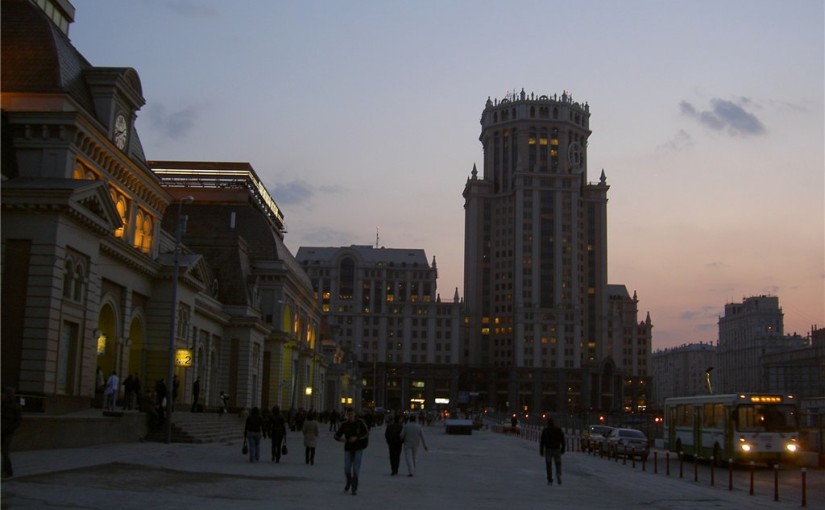Category: urban ux
-

Moscow, Place-full Global City
It’s 6AM in Moscow, I’m on the street near the Yugo-Zapadnaya metro station, the second to last stop on the southern end of the red line. Staying at Shaninka University for the duration of the Urban Studies mini-course on digital placemaking I was teaching meant getting up early to catch a cab to the Paveletsky…
-
Google Maps don’t convey, to humans, that cities are made of neighborhoods. These handmade maps do.
Via Slate: Circular city maps: Archie Archambault designs minimalist city maps printed on a 19th-Century letterpress.
-
Sunday Night Poem: The Street by Hellman Pardo
Photo I took of a busy street with speeding traffic and few pedestrian protections, two blocks from where I was born. Carrera 13 y Plaza Lourdes, Chapinero, Bogotá. The Street Without saying anything you speak to me. You say, for example: – I’m made of rock and make men sweat In the days without…
